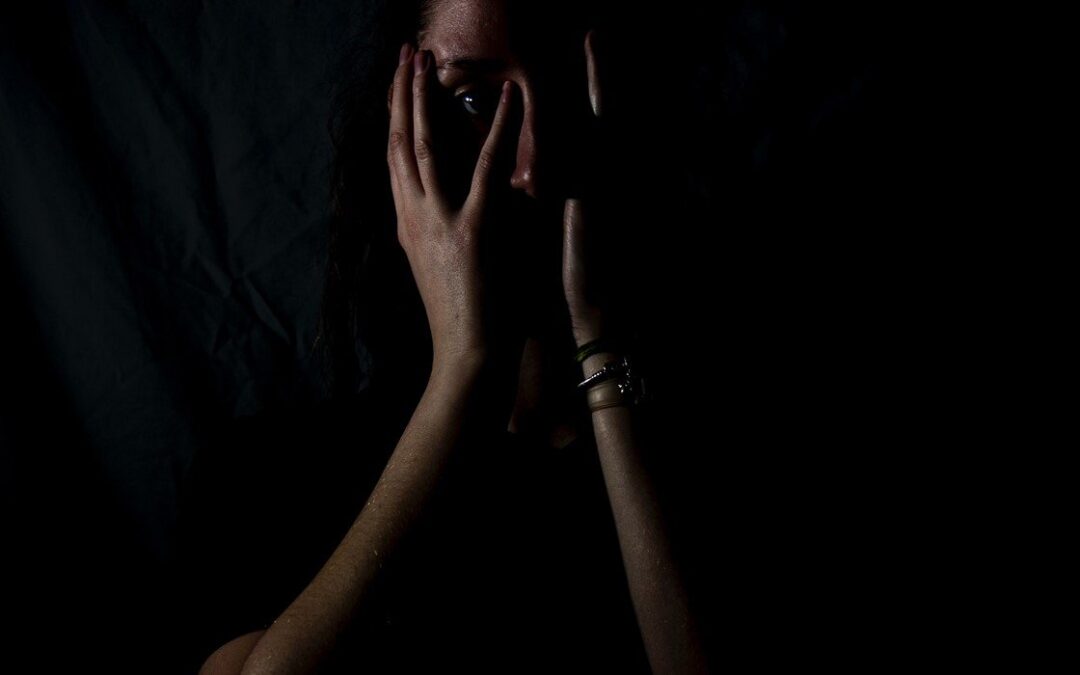Dear Nigerians, understand that Depression is not just a feeling that will go away. It’s not a character flaw or a sign of personal weakness, or something that one just “snaps out of” just because you advised them to. It is more than just feeling sad and – No! – it does not stem from insufficient prayers or lack of faith.
Depression is a very sensitive experience, and although its many variations may seem similar, there are important differences been Major Depression, Persistent Depressive Disorder, Psychotic Depression, and Postpartum Depression. Depression, like all mental illnesses, must be diagnosed by a qualified mental health professional to enable the person living with it the right information to manage it.
Depression is as serious as any other physical ailment, but it is treatable medical illness characterised by an imbalance of brain chemicals called neurotransmitters and neuropeptides. Although in recent times mental illness has been romanticised because of its affiliation with troubled artistic people, depression is not romantic. It is manageable, with the right treatment. There are key symptoms to look out for before one can conclude that they have crossed the line between regular sadness or mood swings and depression. Because life is full of ups and down and everyone experiences the blues from time to time. But when the “down” times last too long or interfere with an individual’s ability to function at home or at work, that person may be suffering from a common, serious illness: Depression.
The prevalent signs and symptoms of major depressive episodes according to Depression and Bipolar Support Alliance DBSA include: prolonged sadness or unexplained crying spells, self-reproach, significant changes in appetite and sleep patterns, irritability, anger, worry, anxiety, pessimism, indifference, persistent lethargy, feelings of guilt, hostility, worthlessness or helplessness, inability to concentrate, indecisiveness, social withdrawal, recurring thoughts of death or suicide, loss of interest or pleasure in hobbies and activities that were once enjoyed, insomnia, early-morning awakening, or oversleeping, difficulty concentrating, persistent physical symptoms that do not respond to treatment, such as headaches, digestive disorders, and chronic pain, or some combination of these.
Depression often follows stressful events that severely affect their emotional wellbeing, such as marital problems, death of a loved one, illness, financial crisis and lots more. While depression sometimes runs in families, many with the illness have no family history of depression. Hence, the exact causes of depression and mood disorders in general are still unconfirmed.
The latest figures released by the World Health Organization (WHO), show that Nigeria has 7,079,815 sufferers of depression. That is 3.9 percent of the nation’s population. With an additional 4,894,557 Nigerians (2.7 per cent of the population), suffering from anxiety disorders. There has been an increasing rate of suicide over the years, which can be traced to mental illness (such as Depression or Post-Traumatic Stress Disorder) that has likely gone undetected or untreated. A compilation of suicide statistics in Nigeria carried out by Haruna Ibrahim showed that there were 79 reported cases of suicide between April 8 2017 to May 12, 2018, with a WHO study that showed Nigeria as the 30th most suicide prone country in the world.
Nigeria’s high ranking position in this global study has largely been attributed to the scarcity of practicing psychologists and therapists, unavailability of mental health outfits that are not psychiatric hospitals, the high cost of seeking medical attention regarding mental health, the fear of confiding in strangers (professionals) for fear of being judged and the stronghold of mental illnesses on the patients that convinces them to conceal its existence or withdraw into oneself to avoid shaming and other repercussions that may come with being public about the struggle. These are some of the major reasons why people refuse to seek the much-needed medical attention for their ailment.
Self-help may seem solid for the mild cases or as complementary to professional treatments, however getting professional advice and treatment should be sought to rule out the likelihood of more severe situations, or to prevent them. Tragically, a large percentage of the nation’s sufferers’ resort to self-help to avoid being seen as a “crazy person”. The stigma may tamper with life as they know it, both personally and professionally. Organisations will not want to be affiliated with staff members who live with mental health issues, romantic partners of both genders many flee for fear that their unborn children will inherit the ailment and lots of other myths which only succeed in making the situation more grave. Of course, more often than not, these realities are not true. They are catastrophised fears that encourage people to stay quiet, even to people who would never judge them and would only support them. Men and women can sometimes experience depression differently, with women being more likely to have feelings of sadness, worthlessness, and excessive guilt, whilst men may be more likely to be very tired, irritable, experience a loss of interest in once-pleasurable activities or have difficulty sleeping. Regardless of the symptoms, untreated depression can worsen for anyone. Many men (and some women) who struggle to manage their mental health may isolate themselves from friends, bury themselves in work, or use alcohol or drugs to excess. They can become frustrated, discouraged, irritable, angry, and sometimes abusive.
If you have a depressed loved one, here’s how you can help them: Do not tell them to snap out of it or say that it’s just a phase. Offer emotional support and encouragement, but understand there may be initial resistance because they need their space. Never discount the feelings they feel but point out realities and offer hope. Be on alert and never ignore comments about suicide. Remind them that with time and treatment, the depression will lift. Everyone can suffer from depression within the cause of their lives regardless of race, culture, gender, age, socio-economic status and any other categorisations humans fall into, so we need to stop perceiving depression as an elitist disease, or something Africans should be immune to just because we come from centuries of extreme physical and emotional strength. As a common Nigerian adage goes: “Disease no dey kill African man” which means disease cannot kill an African man so anything that does it literally make you bedridden is no cause for alarm.
Until we realise the importance of our mental health and that of those around us, until we start to tolerate and support each other and normalise seeking help for our mental health just as we have for our physical and spiritual health, only then can we manage the situation and curb the surge in suicide rates in Nigeria.
Do not wait till you or someone next to you is affected because then it might be too late, spread the word and create awareness.
Remember: Your mind runs your body.

